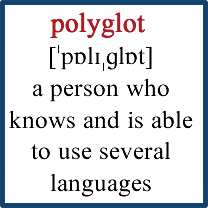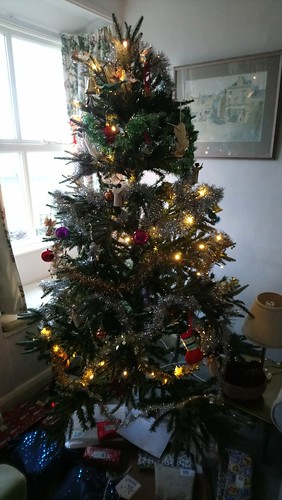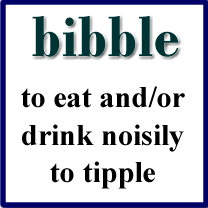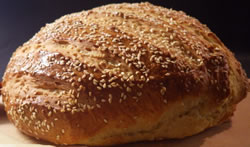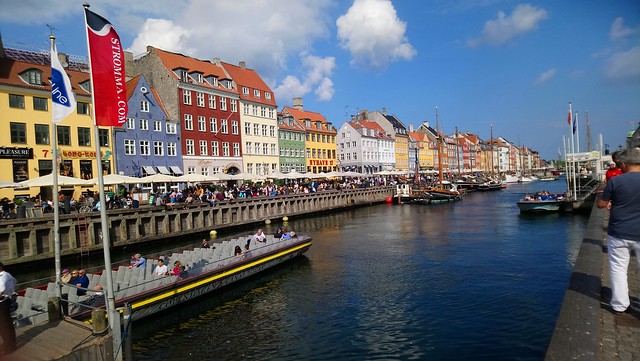Recently I was approached by the people behind Mondly, a newish language-learning app, who wanted to advertise on Omniglot.
Before agreeing to advertise such apps, I usually try them out for myself to see if I can recommend them. So I’m currently learning Czech on Mondly. It’s a language I’ve studied on and off for years, so I have a basic knowledge of it. Mondly lets you start at beginning, or at an intermediate or advanced level – I chose the intermediate level.
The app presents you with a daily lesson, and you can choose to study other lessons as well. These have various themes such as family, travel, food & drink, and so on. There is also a chatbot, with which you can have conversations using the words and phrases you’ve learnt, and at the end of each week there’s a quiz.
It looks good, the interface works well for me, the lessons teach you a manageable number of words and phrases, and show you how to put them into sentences, and the audio is clear.
33 different languages are available on Mondly, including major European languages, and Japanese, Korean, Chinese, Turkish, Arabic, Persian, Hebrew, Vietnamese, Hindi, Indonesian and Thai.
There are often special offers: more details.
Disclaimer – although I will receive a commission if you subscribe to Mondly after clicking on the links in this post, I do think this app is worth a try.

